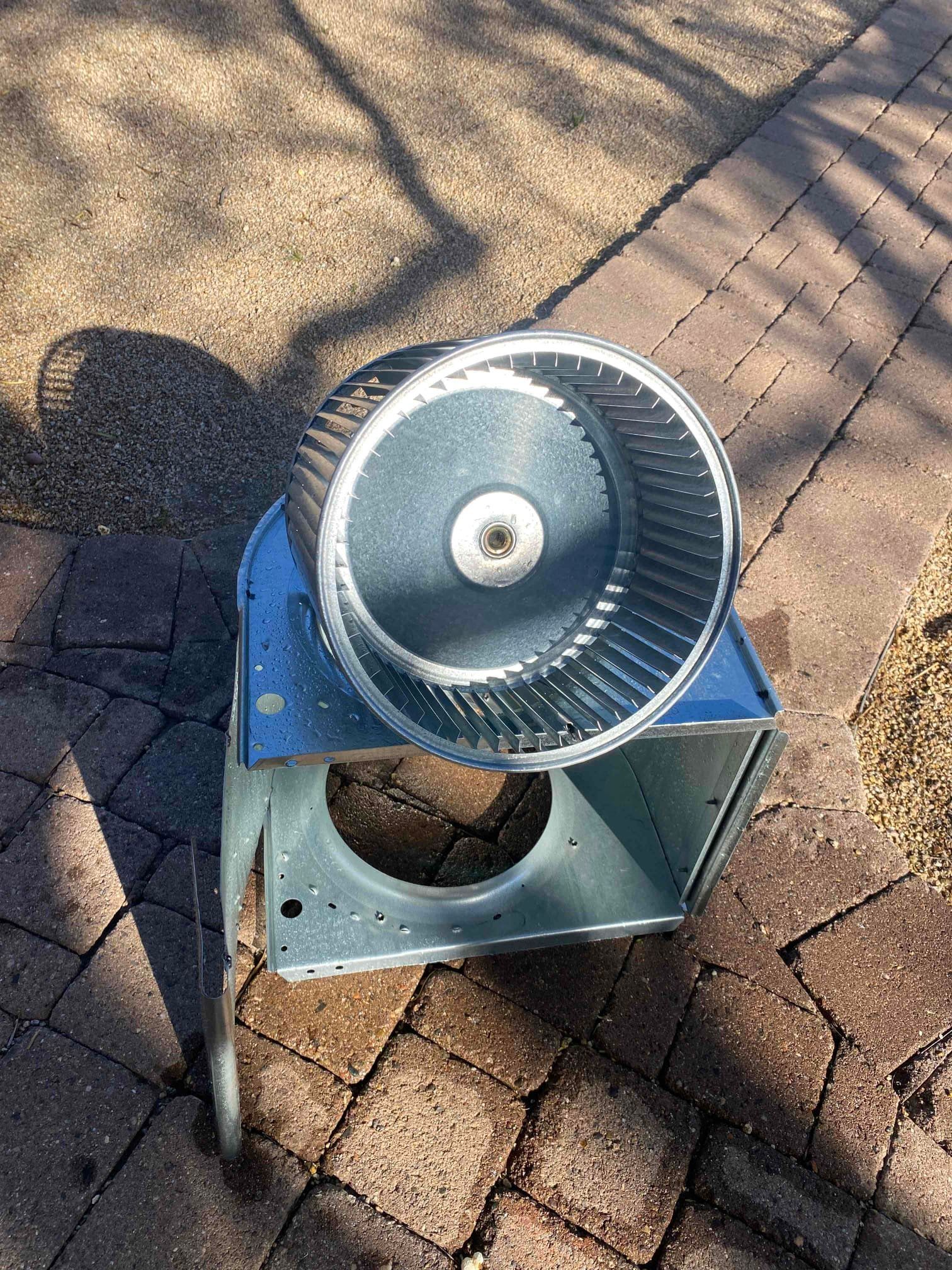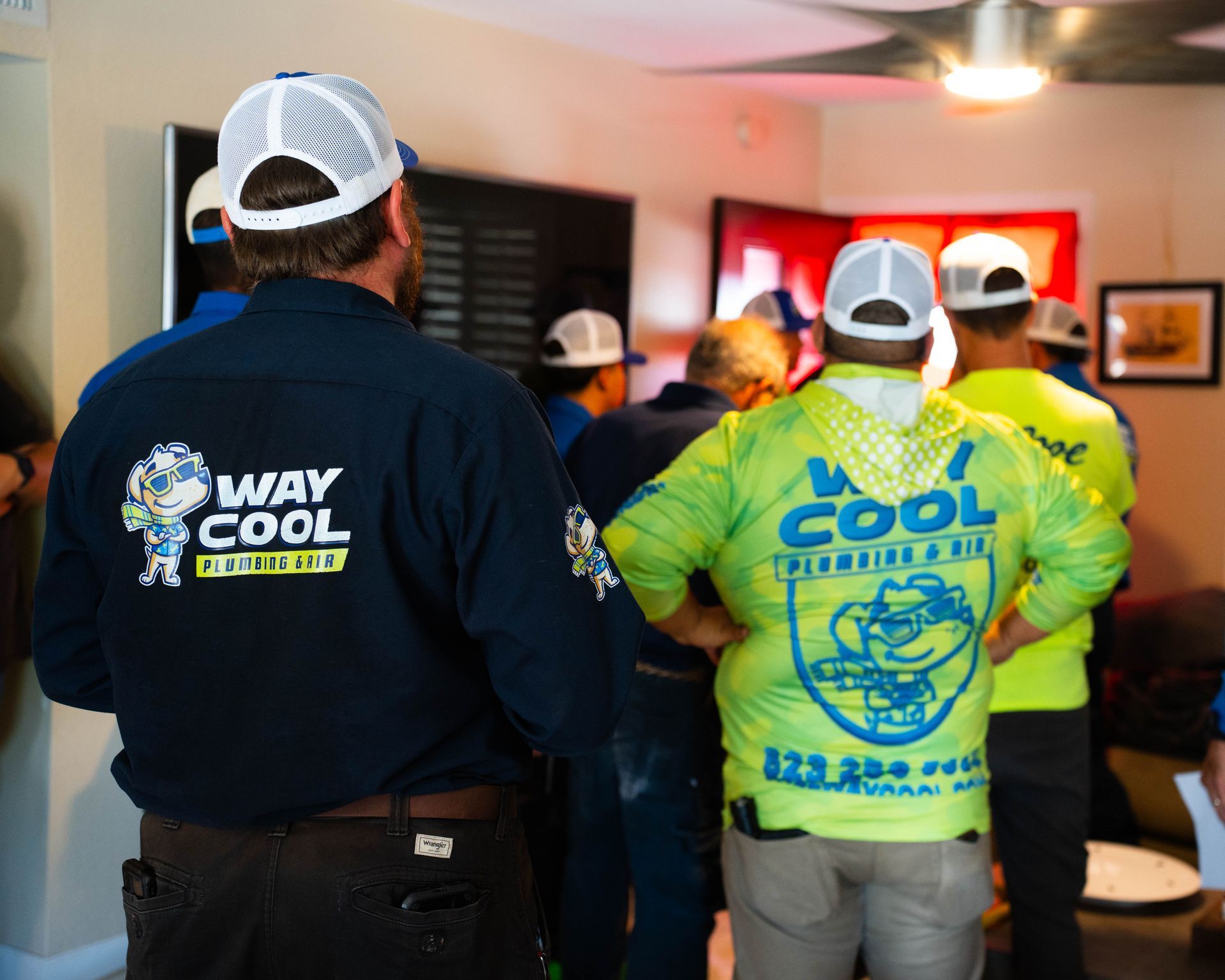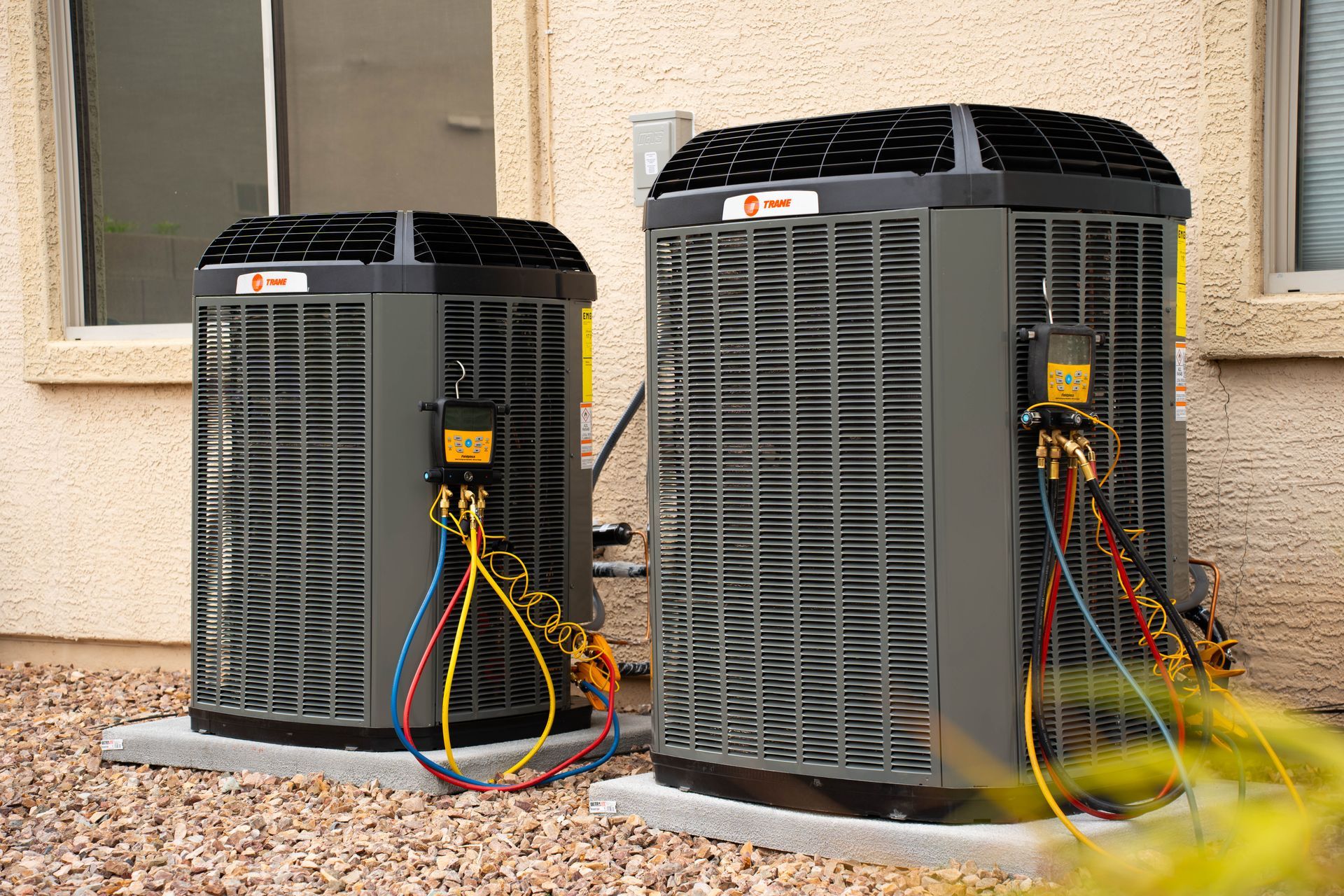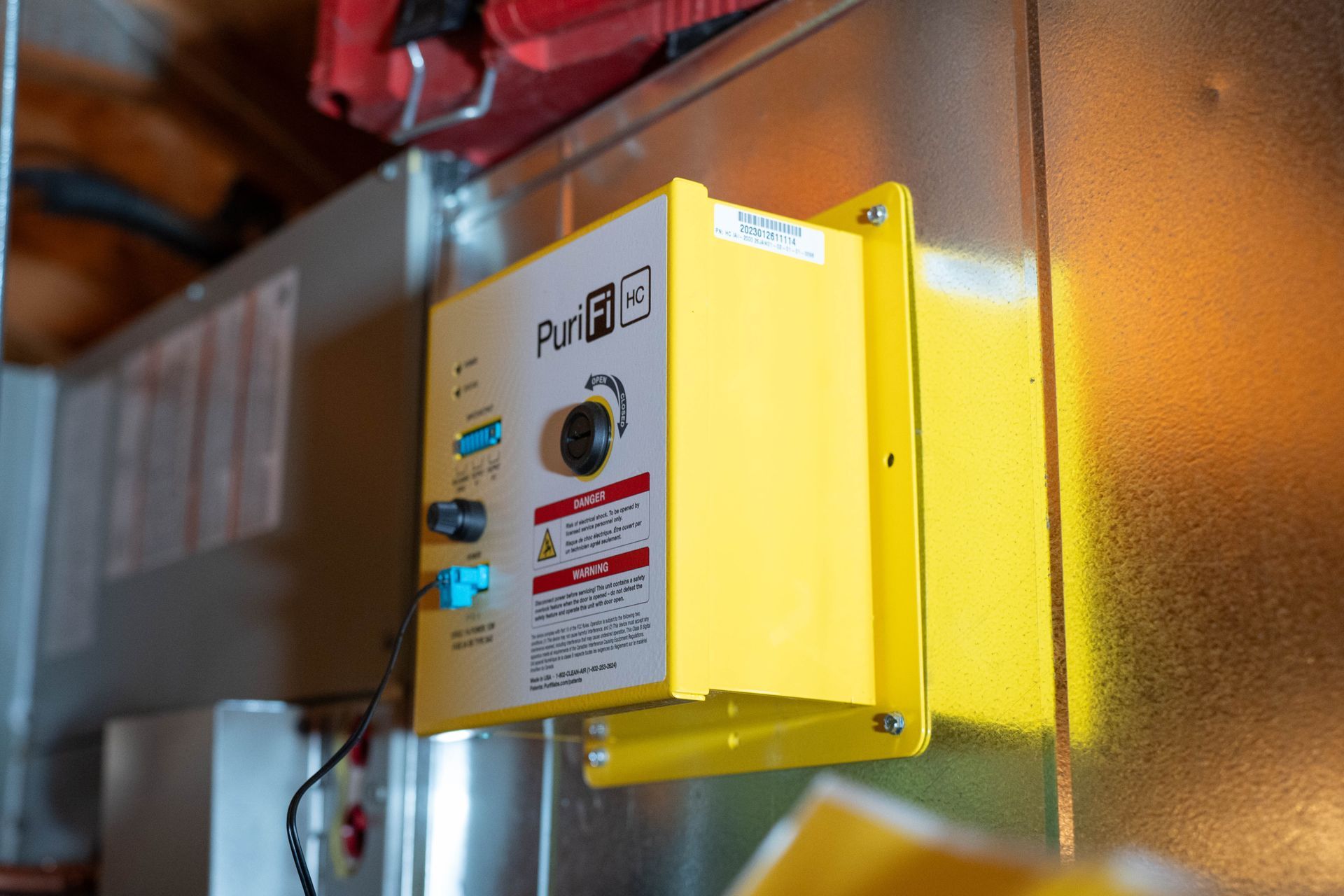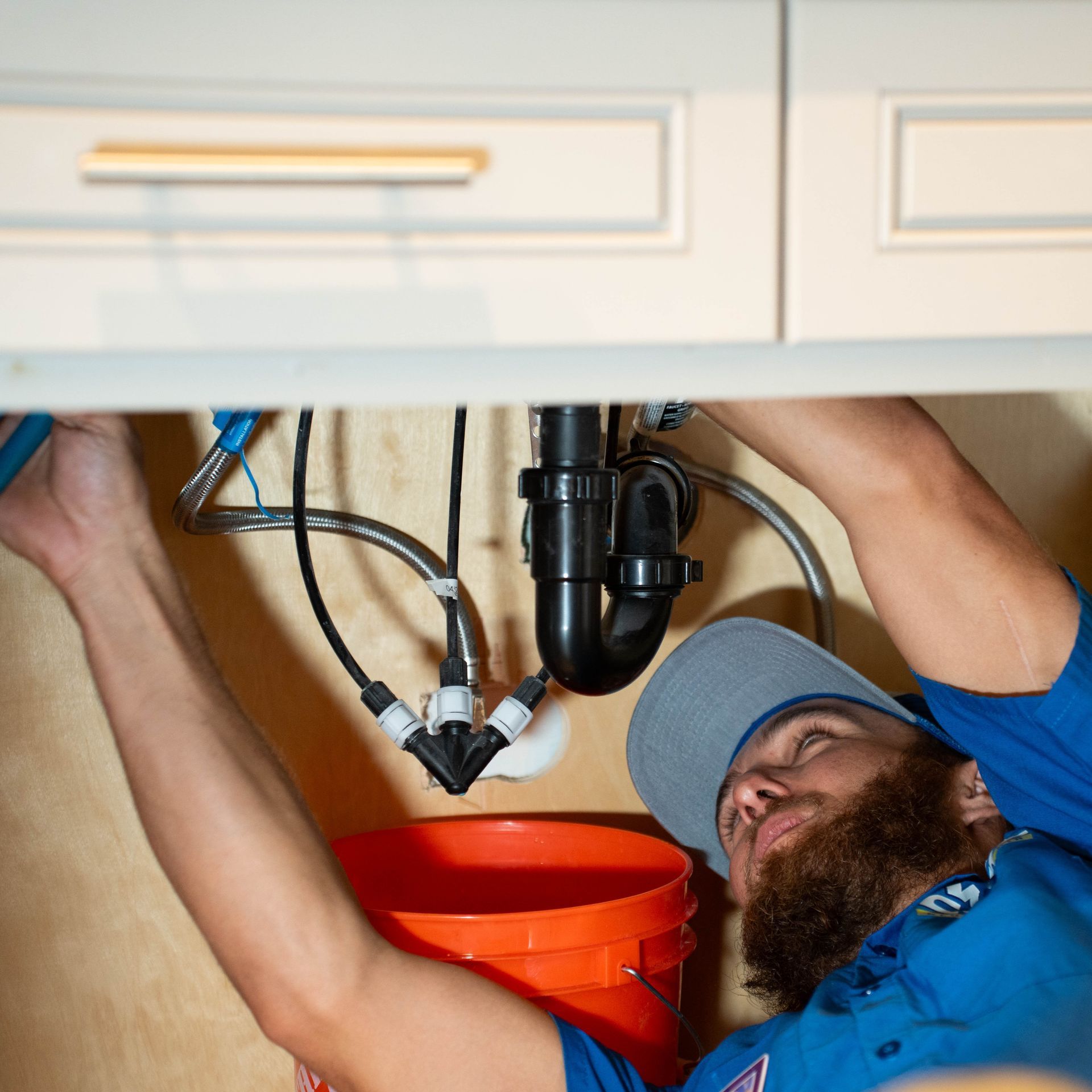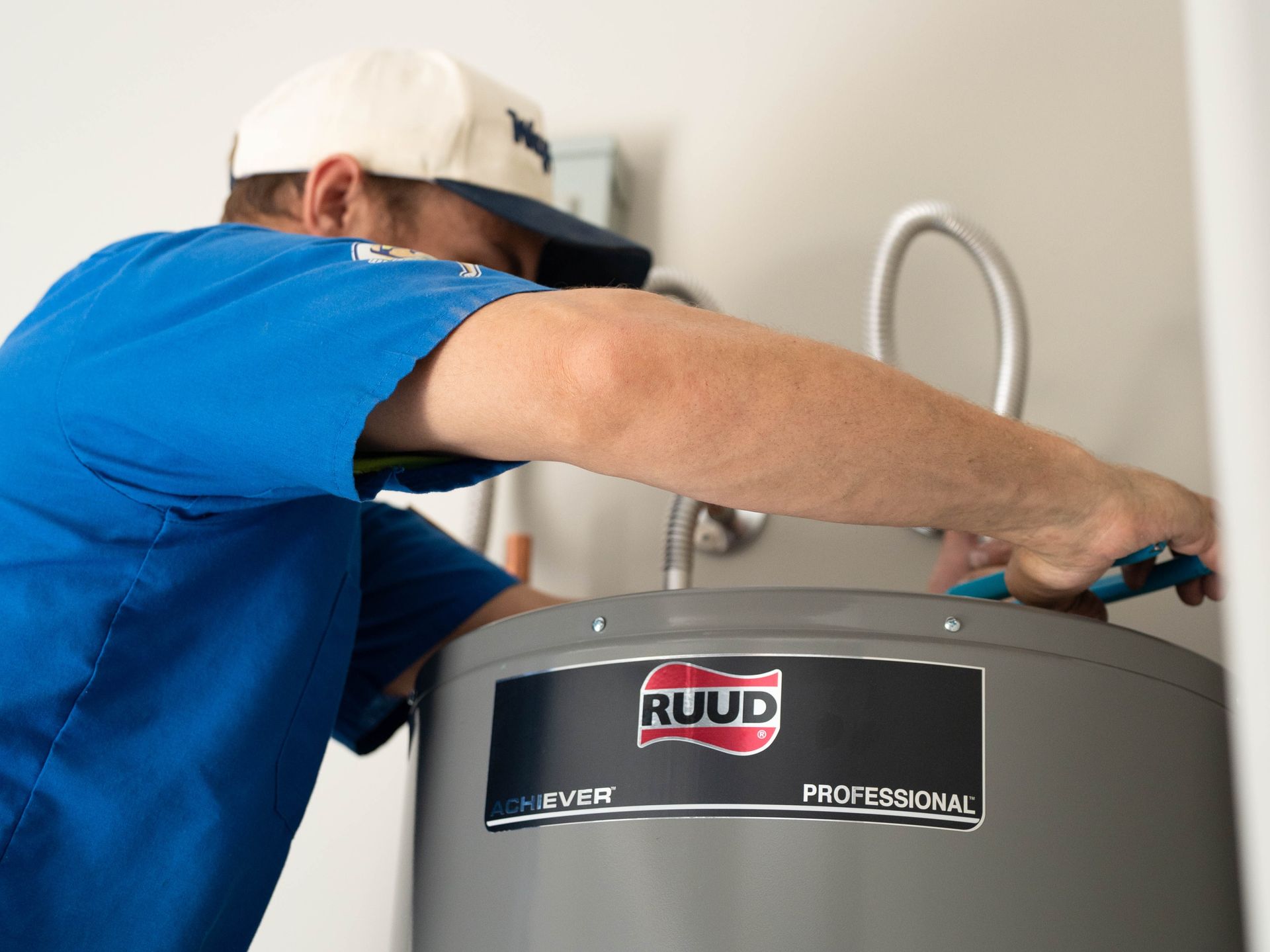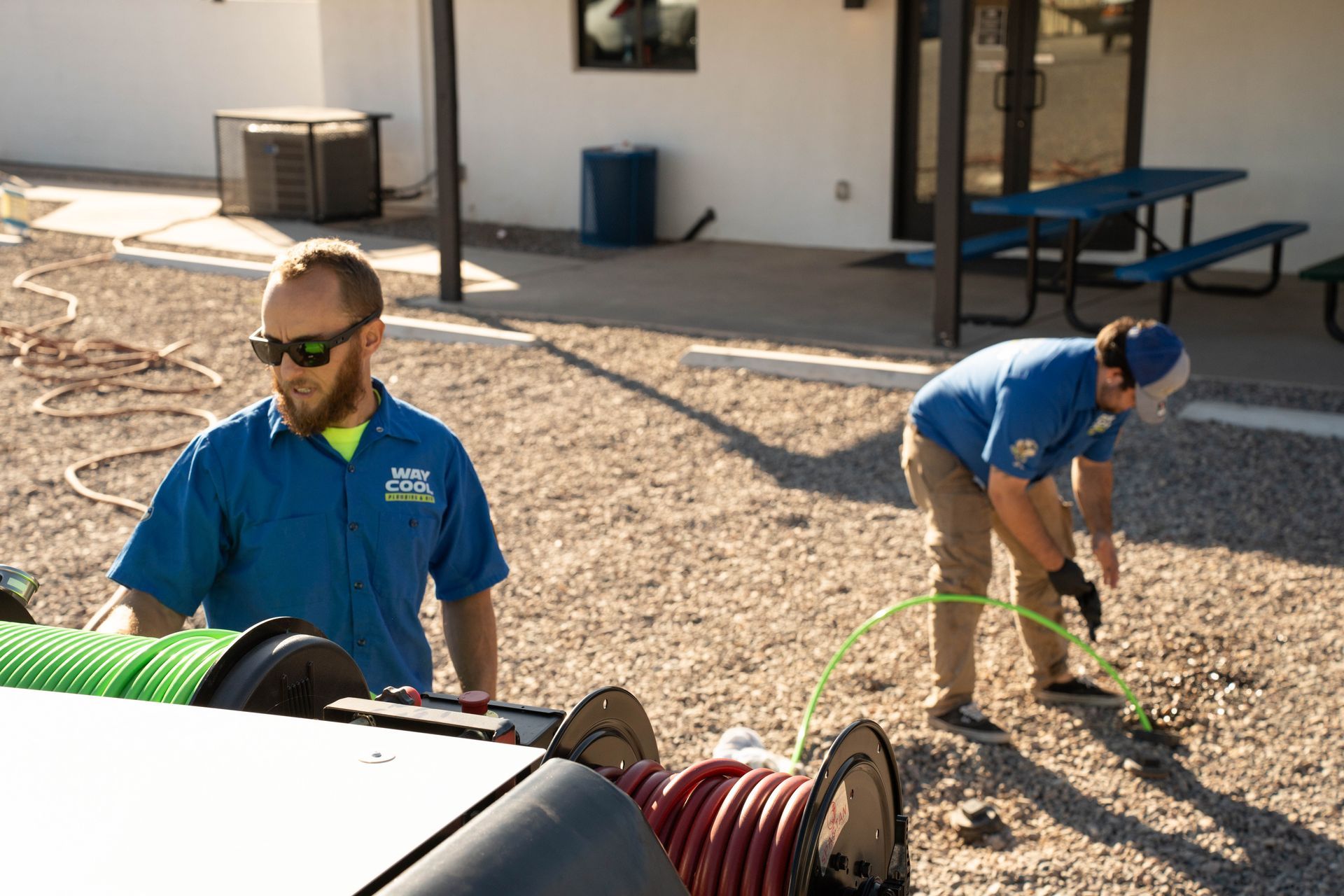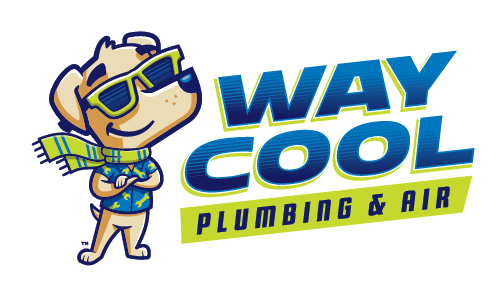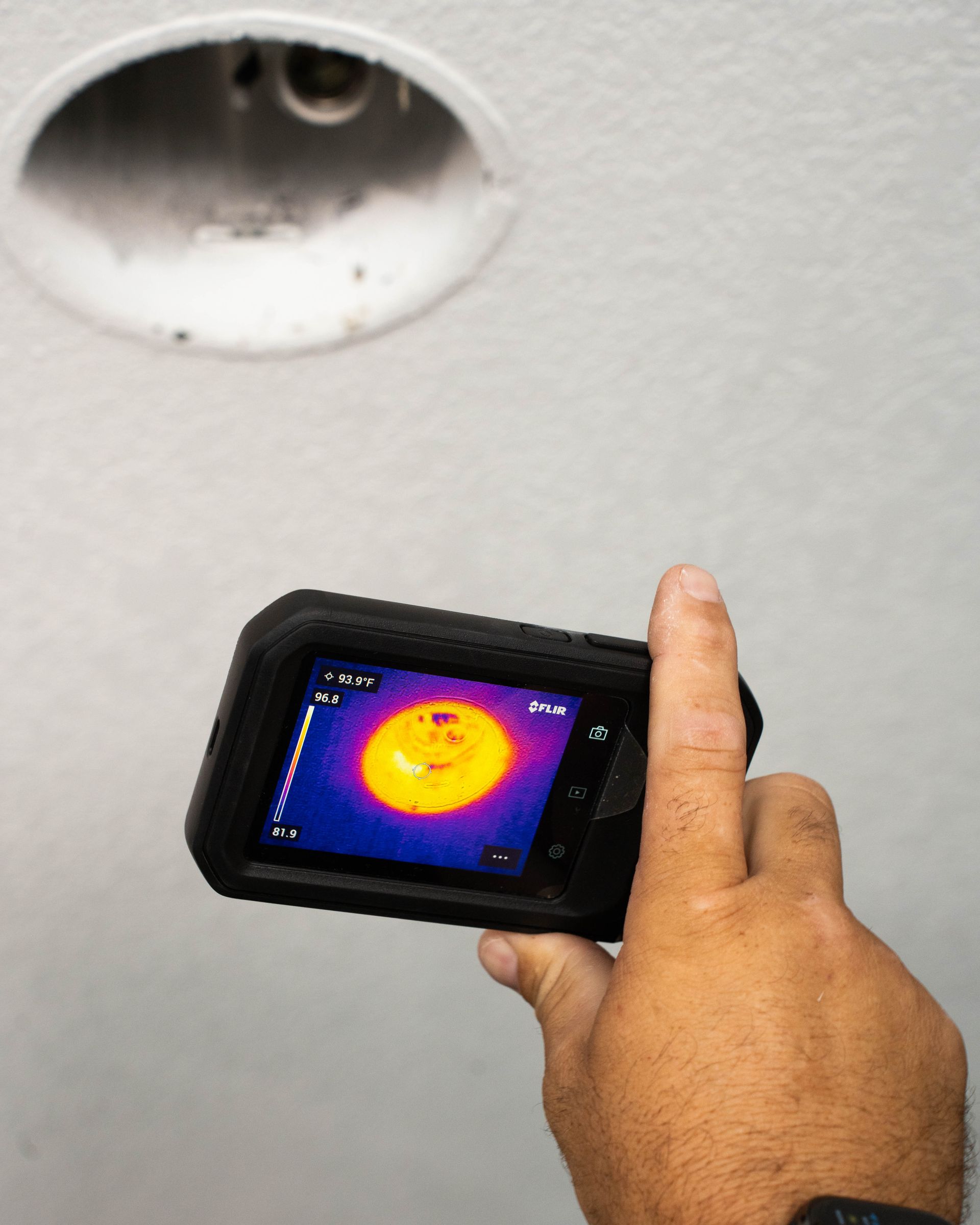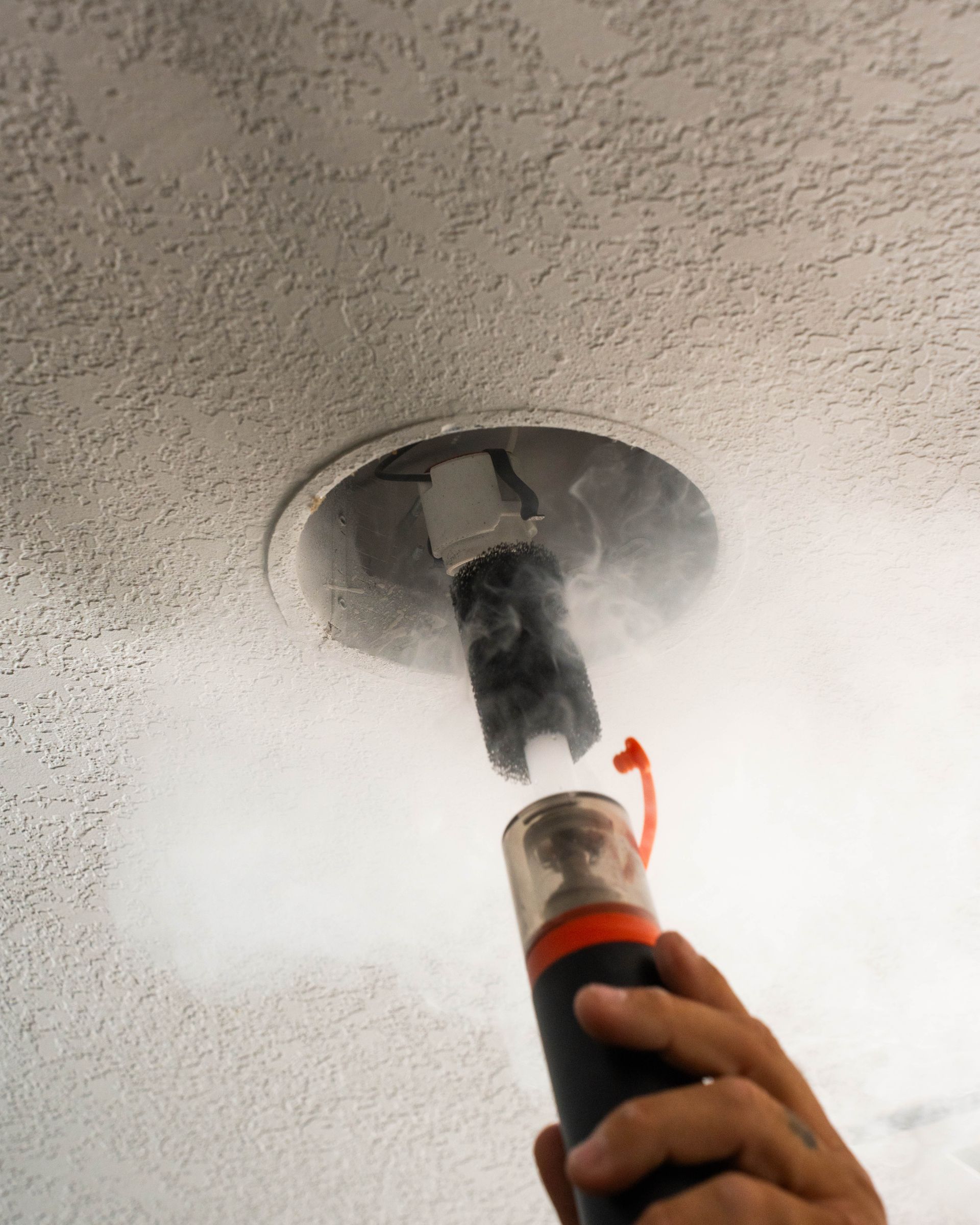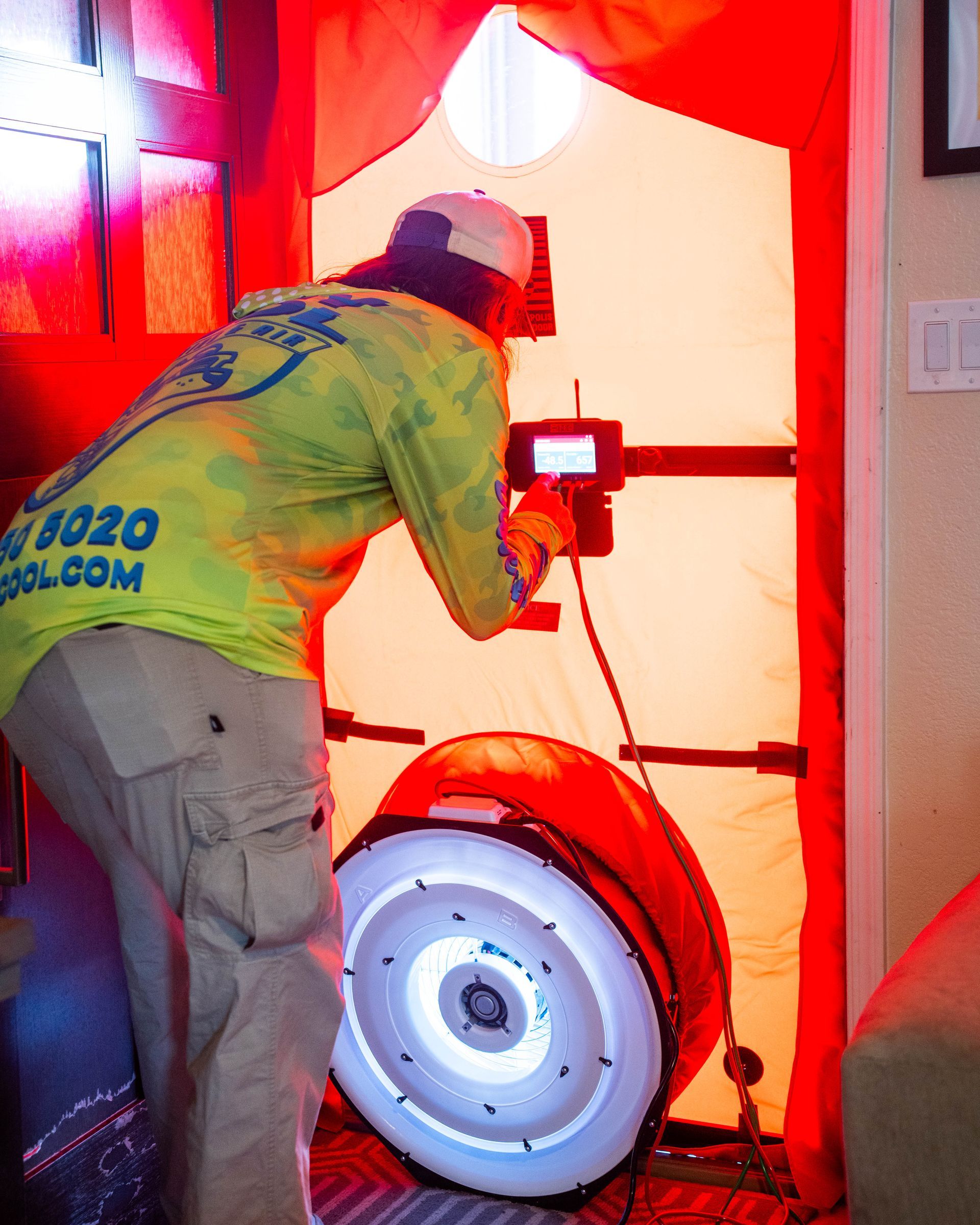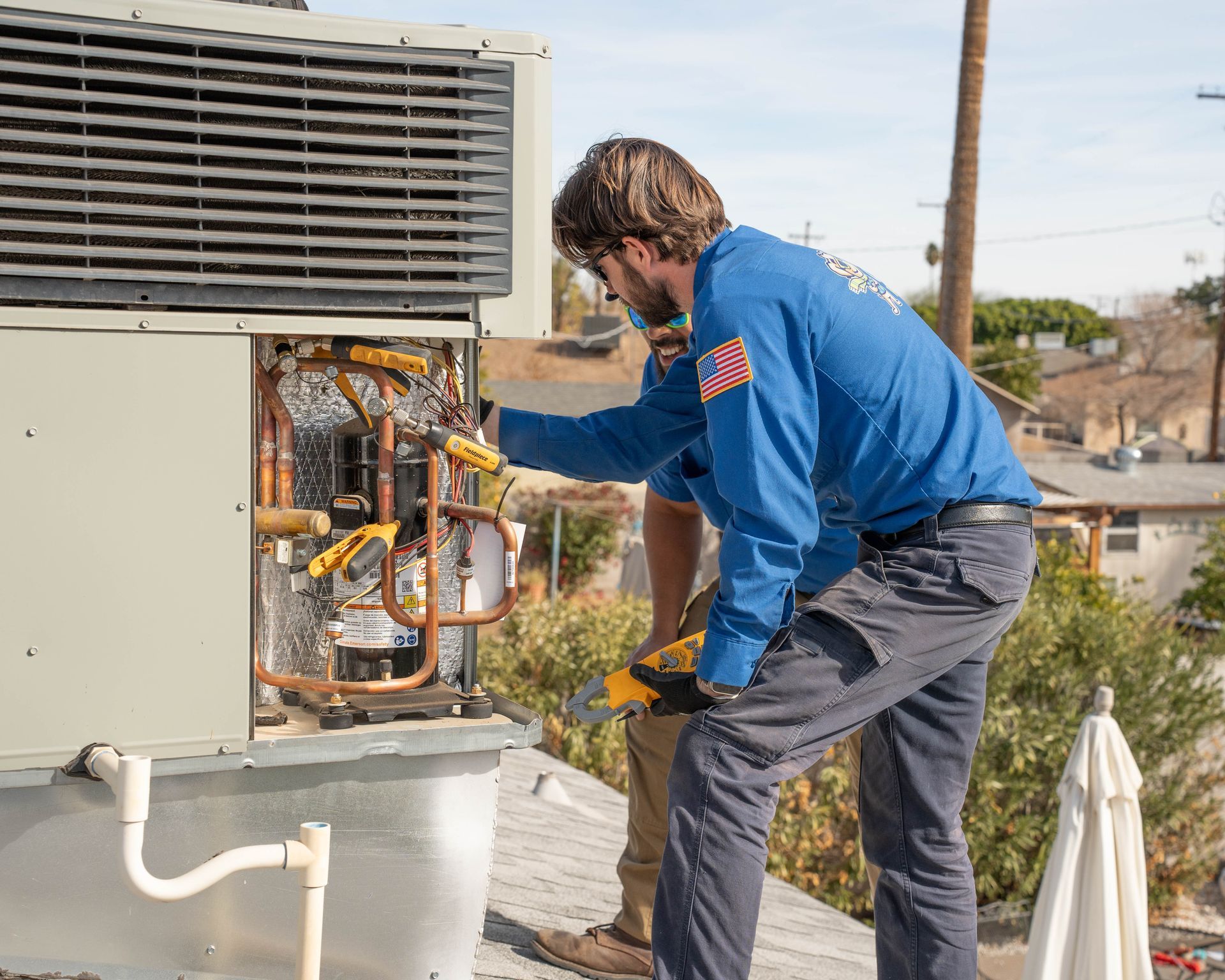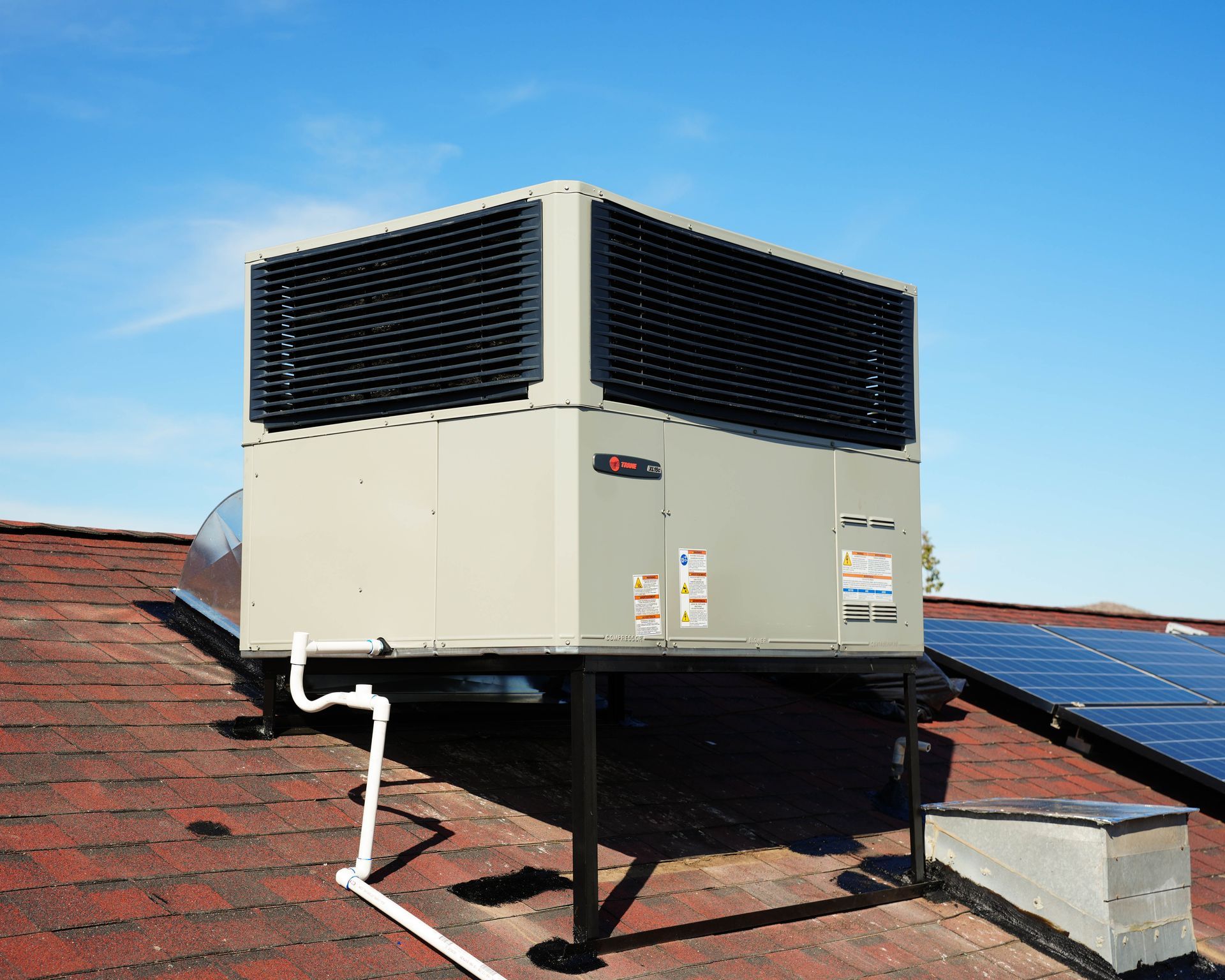Home Energy Audit – Frequently Asked Questions
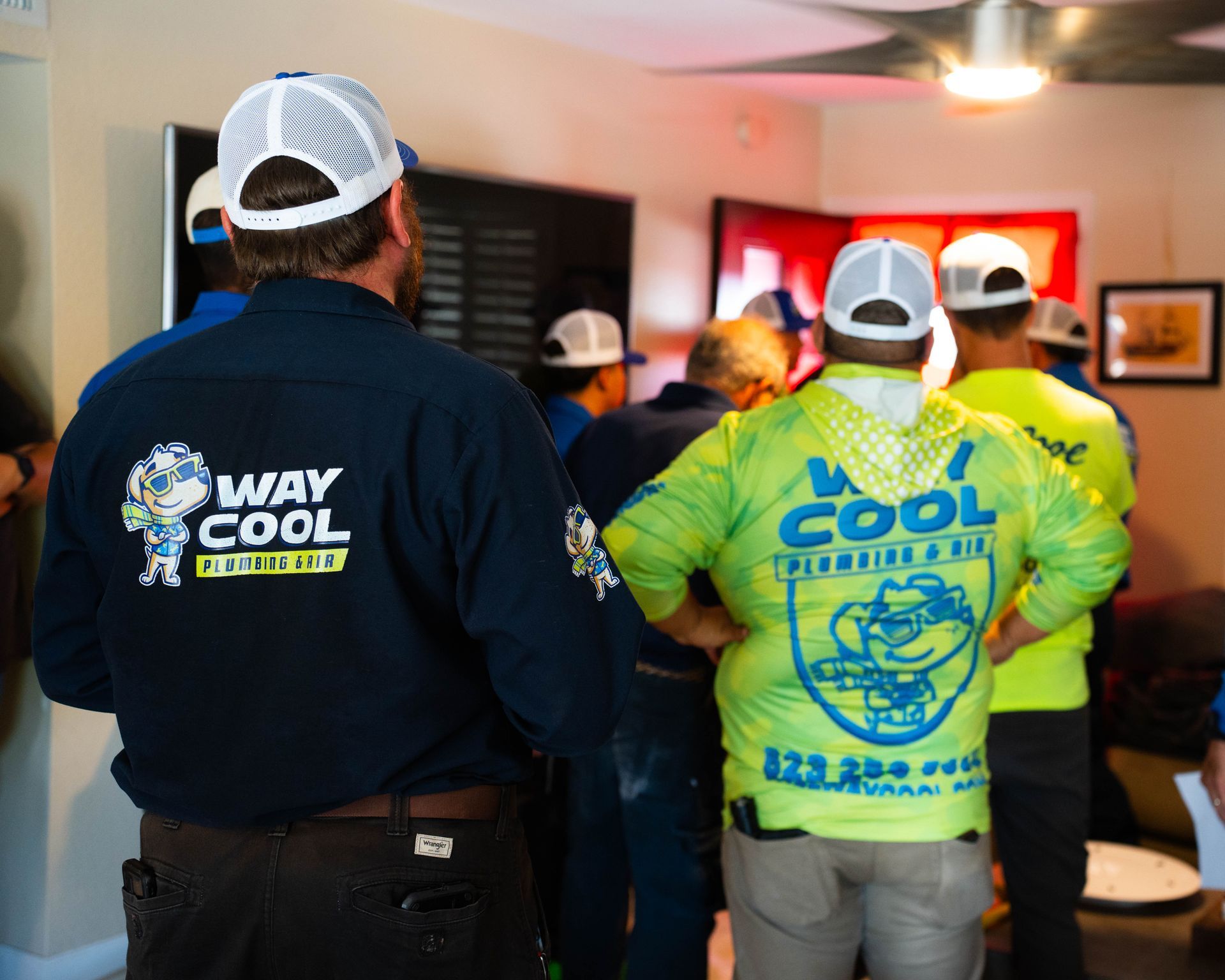
Proper attic insulation (like the blown-in cellulose shown above) is crucial for energy efficiency in hot climates. In Phoenix's climate, attics can reach extreme temperatures, so sealing and insulating the attic helps keep conditioned air from escaping. A well-insulated attic reduces the strain on your AC and can significantly lower energy bills.
Q: What is a home energy audit, and why do I need one in Phoenix?
A: A home energy audit is a comprehensive evaluation of how efficiently your home uses and retains energycallwaycool.com. In Phoenix’s extreme heat, small inefficiencies can lead to big spikes in cooling costs. An energy audit goes beyond a basic HVAC check – it examines insulation levels, duct leaks, window/door seals, and more to find where your cooled air might be escapingcallwaycool.com. The goal is to identify hidden energy leaks so you can fix them and save money on utilities. In fact, according to Arizona’s APS utility, a professional home energy checkup can save homeowners as much as 30% on energy bills while also improving indoor comfort and air qualityaps.com.
Q: What does an energy audit involve?
A: During a professional energy audit, a certified auditor will assess your home’s major systems and structural elements. This usually includes a blower door test (to measure how much air leaks out of your home), checking ductwork for leaks, inspecting attic insulation depth, evaluating appliance efficiency, and even using infrared cameras to spot hidden gapscallwaycool.comcallwaycool.com. For example, they might discover that your ducts have leaks (a common issue that forces your AC to work harder) or that your attic insulation isn’t up to recommended levels. In Arizona attics, experts often recommend insulation levels of about R-38 to R-60 for optimal performancekinginsulation.com. After the audit, you’ll get a detailed report with findings and recommended upgrades.
Q: How can an energy audit save me money?
A: An audit identifies specific improvements that make your home more efficient, which translates to lower utility bills. For instance, sealing a few large air leaks or adding insulation can prevent cooled air from escaping, so your AC runs less. Even minor gaps (around windows, doors, or in duct joints) can let expensive cooled air leak outcallwaycool.com. Over time, those leaks force your HVAC system to run longer cycles, driving up energy use. By fixing issues pinpointed in an audit, homeowners commonly see significant savings – often 5–30% reduction in energy bills, depending on how many improvements are madeaps.com. Plus, you’ll likely notice more even temperatures from room to room once leaks and insulation problems are resolved.
Q: Are there rebates or programs in Maricopa County to help with energy efficiency upgrades?
A: Yes, there are great local programs. Utility companies like APS and SRP offer rebates for energy audits and for many of the improvements identified. For example, APS’s Home Performance with ENERGY STAR® program provides discounted energy checkups and rebates for things like duct sealing, insulation upgrades, and high-efficiency AC unitsaps.comaps.com. There are also occasional state or city incentives (and federal tax credits) for upgrades that save energy, such as adding insulation or installing smart thermostats. It’s wise to ask your energy auditor or check utility websites for the latest rebates – you could get hundreds or even thousands of dollars back for making your home more efficient.
Q: What are the top energy efficiency fixes for Phoenix homes?
A: Every home is different, but some fixes commonly deliver big benefits in the Phoenix area’s climate:
Sealing Duct Leaks: Many homes lose 20-30% of cooled air through leaky ductwork. Sealing ducts can dramatically improve AC efficiency.
Attic Insulation Upgrade: Boosting attic insulation to at least R-38 (or higher) helps block intense heat from radiating down into living spaceskinginsulation.com. This keeps your home cooler and eases the AC’s workload.
Air Sealing the Envelope: Using caulk or weatherstripping to seal gaps around windows, doors, and penetrations prevents hot outdoor air from sneaking in (and keeps your cool air from leaking out).
HVAC Tune-Up or Upgrade: An older AC struggling to keep up in 110°F weather wastes energy. Tuning it up (cleaning coils, checking refrigerant) can restore efficiency. If it’s 15+ years old, a new high-efficiency unit will likely pay for itself in energy savingsjacobsheating.com.
Thermostat Upgrades: A programmable or smart thermostat helps you avoid cooling an empty house. In Phoenix, we advise setting it a bit warmer when you’re away (e.g. 78°F or higher) to save money without sacrificing comfort.
Taking these steps, especially after an audit pinpoints your home’s specific issues, can drastically improve comfort and cut energy waste.
